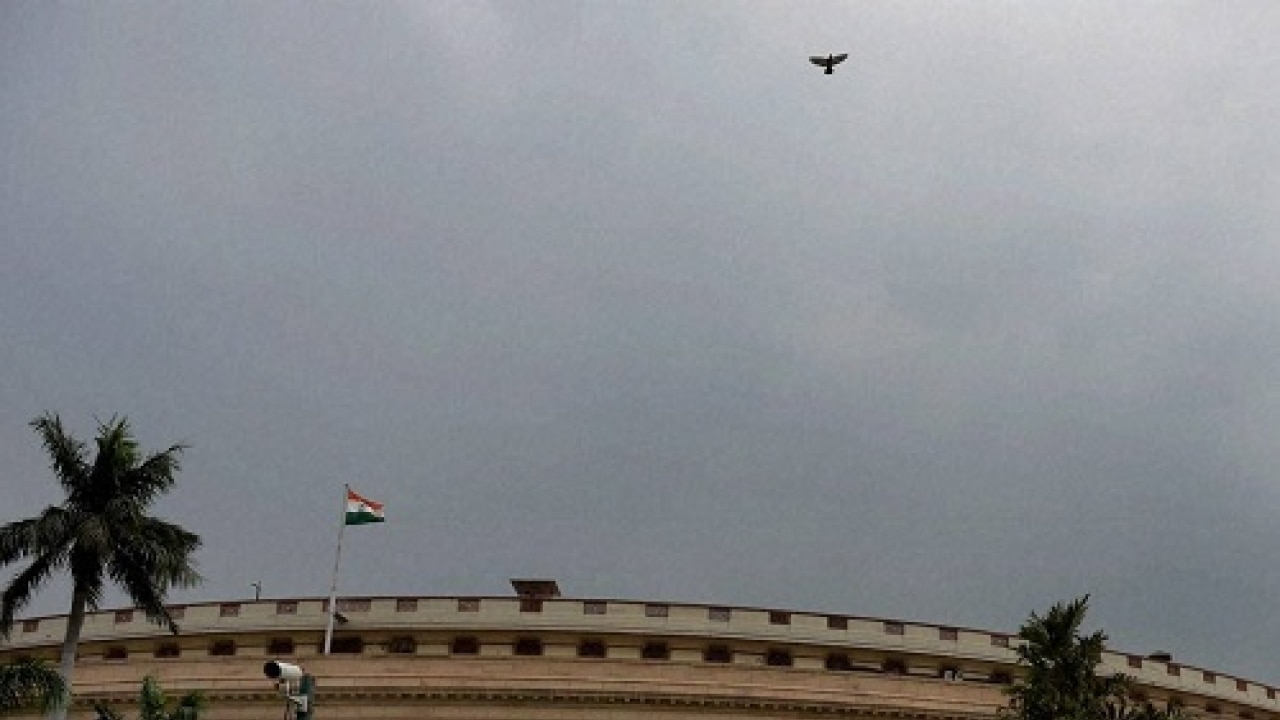
The monsoon session of Parliament is over and as expected, it failed to conduct any meaningful transaction over its runtime of 23 days. A lot of mud-slinging, throwing of paper balls at the Speaker and the 'Rahul’s mausi' jibe by a BJP MP later, the session turned out to be a damp squib. In total, Lok Sabha functioned for 47 hours out of the stipulated 82 hours of discussion and Rajya Sabha, where the government is in a hopeless minority, worked for a meagre nine hours amidst disruption of a whooping 82 hours. So, was this virtual washout an inevitability or could it have been avoided? Let’s look at the reasons which fostered and precipitated the crisis.
Congress’ tit-for-tat politics:
During UPA2, as corruption accusations started to surface, a belligerent BJP ensured that Parliament was adjourned on many occasions, sometimes nearly for the entire session. In 2010-11, the winter session was a non-starter owing to BJP’s demand for the resignation of A Raja in connection to the 2G scam. Similarly, on the Coalgate issue, it halted the monsoon session of Parliament in 2012.
Still smarting from the drubbing in the Lok Sabha election, Congress was far too keen to give BJP a taste of its own medicine from the start. Hence Lalitgate and the Vyapam scam became convenient vehicles for the grand old party to scuttle all work in the Parliament. From the beginning, it adopted a maximalist position, thereby almost closing all doors of any back-channel negotiations. Whether Congress can electorally benefit from these alleged corruption and impropriety charges involving top BJP leaders is a separate issue altogether.
PM Modi’s non-intervention:
From the beginning of the session, NDA let the opposition, especially the Congress, set the agenda and dictate it. Hence it was always on the backfoot, trying to get the House running without much success. One can’t help but wonder whether the outcome of the session would have been starkly different had PM Modi intervened in the beginning by issuing a statement on the corruption charges involving his colleagues in the party.
Modi has maintained silence regarding Lalitgate so far, merely tweeting links of videos of Sushma Swaraj and Arun Jaitley giving fiery speeches in the Parliament. Will he continue with the same strategy in the winter session? Only time will tell.
Absence of a third block
Congress in the Lok Sabha has 44 MPs, a number which isn't significantly higher than the numbers of seats that AIADMK or TMC have. Yet it managed to disrupt the Parliament almost unilaterally. If the non-Congress, non-BJP parties had worked together as a coherent block, they could have set the agenda themselves. But the inherent contradiction between some of them (eg: Left and TMC) and the fact that the next general elections are still a good four years away meant that it was Congress that managed to occupy the entire opposition space.
Some of the parties were in favour of running the House and passing critical bills like the GST. But the Congress, by the dint of its pre-eminent position in Indian politics, managed to hog the limelight. The likes of Mulayam Singh did indicate dissent against such blatant obstructionist politics at the fag end, but it was too little too late.
In Rajya Sabha, the government always had limited options and the situation will continue to remain the same for at least a year.
Speaker’s suspension order
On August 3, the Speaker of Lok Sabha Sumitra Mahajan suspended 25 Congress MPs for indiscipline. It was a time when the patience of other opposition parties was running thin and many were on the verge of breaking ranks with Congress. But the suspension provided a new lease of life to Congress’ protest. Not only could it play the victim card, it elevated the entire debate with the high-end rhetoric of suspension being a murder of democracy.
Congress finally allowed a discussion on Lalitgate on the penultimate day, backing down from its earlier demand of no discussion without resignation. One suspects that without the entire suspension fiasco, Congress would have been forced to budge much earlier.
Bihar Elections
Before the Bihar elections, both sides have to show a sign of strength. Even a perceived weakness can be seen as an admission of guilt. Hence, the BJP yielded no ground on either Lalitgate or the Vyapam scam. The opposition too didn’t have any real incentive to let the House run, as the entire idea was to discredit the Modi government in the early part of its tenure. Hence, in a way, the gridlock was inevitable and which side blinks first, will heavily depend on the results of the Bihar Elections.
If BJP manages to squeeze out a win against all odds in Bihar, it will try to isolate Congress and run the House in the winter session. But a loss like in Delhi will almost surely mean a more hostile opposition in the next session. Can the Modi government survive that chill is anybody’s guess as of now.
So in finality, it can be said that perhaps BJP missed a trick by letting Congress dictate terms in the first two weeks of the session. BJP probably had calculated that the session would be a washout even before it started. A little more proactive and assertive government could have ensured greater work and passage of critical bills in both Houses. So both the parties collectively in a sense, ensured that the tax-payers money went down the drain in the monsoon session. In fact, all this would've been amusing, if it wasn't for the fact that your (the taxpayer's) money is being burnt with every minute wasted in Parliament. Every minute of Parliament in session costs around Rs 29,000 and the 18 days wasted equals a gigantic loss of Rs 35 crores!